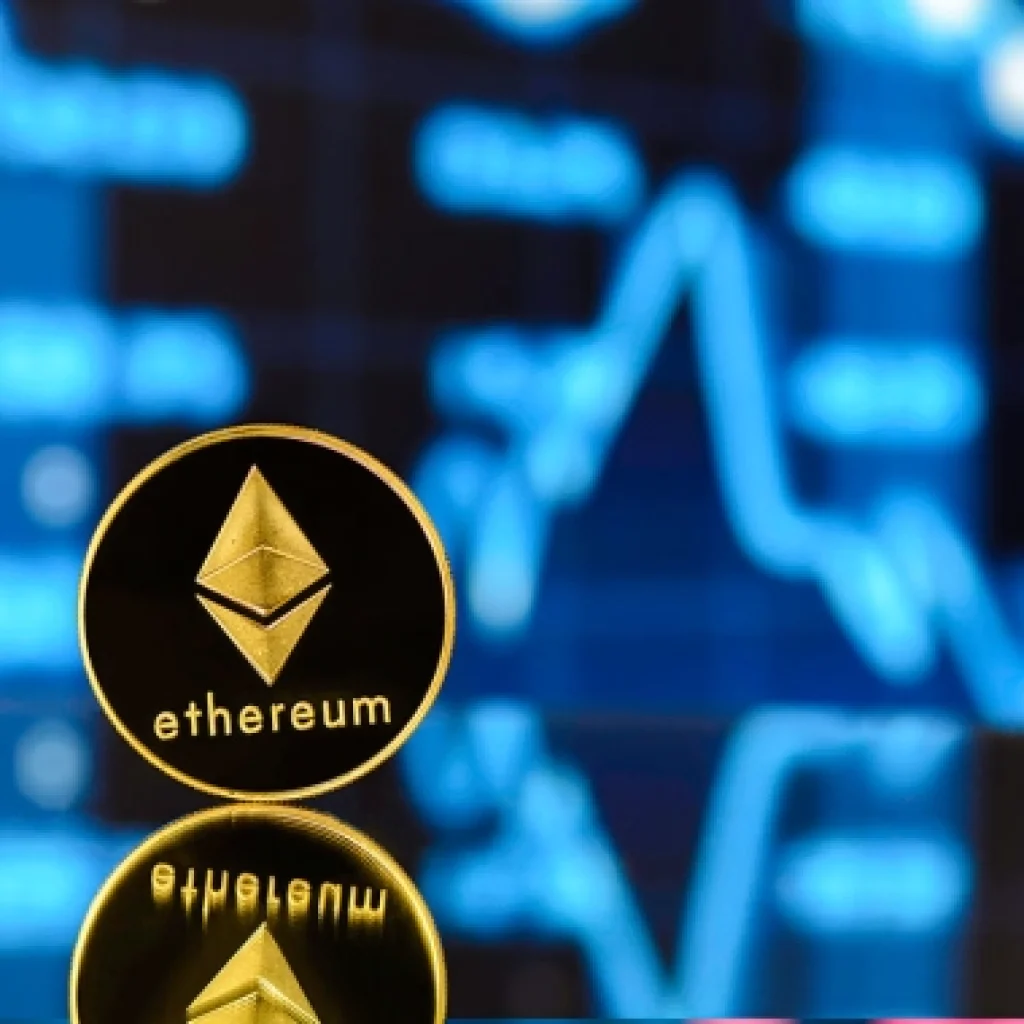The TrueUSD (TUSD) stablecoin recently experienced a period of instability, briefly dropping to 96 cents before recovering to 99 cents. This volatility was accompanied by reports of denied redemption requests, raising concerns within the cryptocurrency community. Trading data from Binance revealed a negative net flow of $174.5 million, with $303.5 million in TUSD sales compared to $129 million in buys.
TUSD on the road to recovery amid issues
A prominent quantitative crypto trading firm, speaking on background, disclosed that its redemption requests had been denied. The firm expressed frustration over the challenges in converting TUSD to fiat following the issues with crypto custodian Prime Trust. The close association of TUSD with Tron founder Justin Sun added another layer of complexity to the situation. On-chain analysis from Arkham Intelligence indicated that a wallet linked to Sun transferred over $60 million to Binance in the past five hours, preceding TUSD’s recovery to the $1 mark.
Subsequently, the same wallet received $50 million in TUSD withdrawals from Binance. However, independent verification of whether this wallet belongs to Sun is still pending. Binance data further highlighted a $1.8 million inflow into TUSD in the last two hours, intensifying concerns about stablecoin holders facing difficulties in redeeming their assets for dollars. The inability to redeem stablecoins for fiat currency is a critical problem for stablecoin issuers, eroding market confidence and resulting in de-pegging.
Drawing parallels with the crypto banking crisis in the spring, when Circle’s USDC temporarily de-pegged due to issues at Silicon Valley Bank and the shutdown of Signature Bank, reveals the fragility of stablecoins during external shocks. Circle, during that crisis, held $3.3 billion in USDC reserves at SVB, emphasizing the importance of robust infrastructure and diversified reserve management strategies for stablecoins. Glassnode data showcased a decline in TUSD’s circulating supply from $2.3 billion to $1.9 billion since the beginning of the year.
Tron’s influence and the dynamics of stablecoin stability
This decreasing circulating supply adds another layer of concern to the stability of TrueUSD, as it reflects potential challenges in maintaining the peg. The TUSD situation raises broader questions about the stability of stablecoins and the effectiveness of their redemption mechanisms. The lack of confidence in stablecoins, as highlighted by the TUSD case, underscores the need for transparency and accountability in the stablecoin ecosystem. Investors and traders are left grappling with uncertainties, emphasizing the importance of regulatory scrutiny to ensure adherence to robust standards.
The interconnected nature of TUSD with Tron’s founder, Justin Sun, adds complexity to the scenario. Large fund movements and wallet activities draw attention, prompting the industry to await further clarification and independent verification of Sun’s involvement and the potential impact on TrueUSD’s stability. As the crypto market evolves, incidents like these prompt a closer examination of stablecoin mechanisms and their resilience to external shocks. Regulatory oversight becomes crucial to ensure that stablecoin issuers adhere to robust standards, protecting users and maintaining market stability.
The TrueUSD saga reflects broader concerns within the crypto community regarding stablecoin stability and redemption mechanisms. The denied redemption requests, coupled with large fund movements and potential ties to influential figures, create an environment of uncertainty. As the industry grapples with these challenges, the need for transparency, regulatory scrutiny, and resilient infrastructure becomes paramount to foster confidence and ensure the long-term viability of stablecoins in the evolving crypto landscape.





